- News
- Miscellaneous
- 2020
- August
- Aug. 24, 2020
Aug. 24, 2020
UMMC's April-June grants, awards exceed $20M

The Medical Center garnered 95 new, continuing, transferred and revised grants and awards totaling $20,292,166 from April-June 2020.
The following employees received some of the largest new and competitive renewal awards during the quarter. Dollar values are shown as annual figures for the first year of funding, unless otherwise indicated.
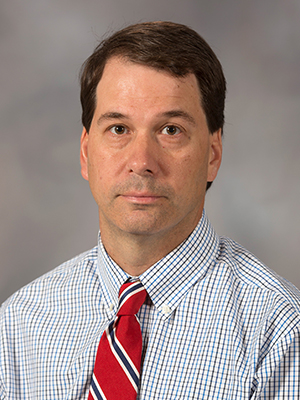
Dr. David Stec, professor of physiology and biophysics, received a four-year, $2 million award from the NIH for the project, “Integrative Role of Bilirubin on Obesity.”
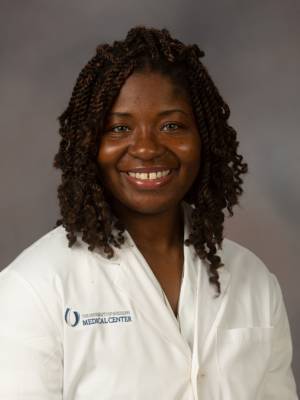
Dr. Denise Cornelius, assistant professor of emergency medicine, received a five-year, $1.89 million award from the NIH for the project, “Hypertension, Inflammation and Vascular Function.”
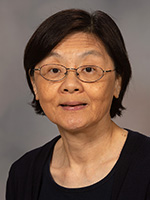
Dr. Adrienne Tin, associate professor of medicine, transferred a four-year, $1.48 million award from the NIH for the project, “Identifying Novel Biological Pathways for Gout Using DNA Methylation and Genetics.”
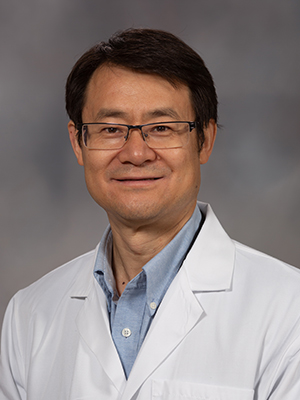
Dr. Yingjie Chen, professor of physiology and biophysics, transferred a two-year, $1.1 million award from the NIH for the project, “Mechanisms of Treg and IL-35 in Regulating LV Failure-induced Lung Remodeling and Right Heart Hypertrophy.”
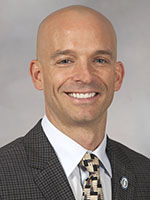
Dr. Alan Jones, assistant vice chancellor for clinical affairs, received $1 million from the Federal Communications Commission for the “COVID-19 Telehealth Application;” $110,000 for an industry-sponsored research agreement; and $93,000 from the Department of Health and Human Services and the University of California-Los Angeles for the project, “Evaluation of Risk for Emergency Departments.”
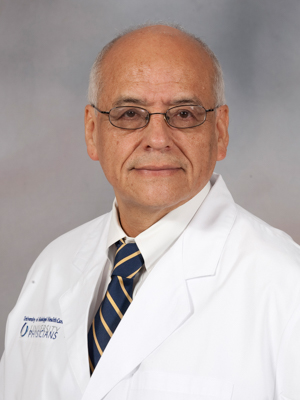
Dr. Adolfo Correa, director of the Jackson Heart Study, received $547,984 from the National Institutes of Health and the University of North Carolina for “Arterial Stiffness and Brain Health in African-Americans;” $303,509 from the NIH and Columbia University for “Automated Clinic Blood Pressure Assessment and Detection of White Coat and Masked Hypertension Study in African-Americans;” and $50,969 from the NIH and Boston University for “Rapid and Comprehensive Platelet Reactivity Phenotyping on Small Blood Volumes in the Jackson Heart Study Addressing the Unknowns of Platelet Reactivity in a Large Diverse Population Sample.”
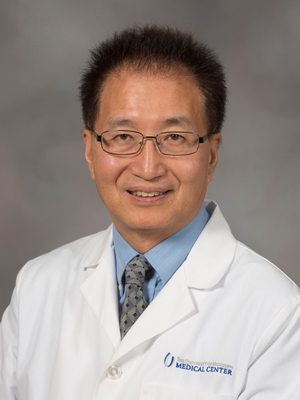
Dr. Shou-Ching Tang, professor of medicine, received $325,715 for an industry-sponsored research agreement.

Dr. Yuanyuan Duan, associate professor of biomedical materials science, received a two-year, $310,000 award from the NIH for the project, “An Artificial Eggshell Membrane for Guided Tissue Regeneration.”
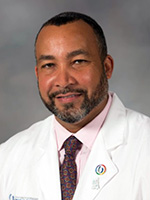
Dr. Leandro Mena, professor and chair of population health science, received $156,000 from My Brother’s Keeper for “Capacity-building Assistance for High-impact HIV Prevention” and $72,824 for an industry-sponsored research agreement.
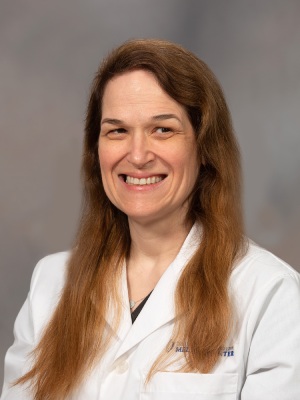
Dr. Sarah Glover, professor of medicine, received $69,486 from the NIH and the University of Pittsburgh for the project, “Repurposing Pharmacological Agents for Inherited Mast Cell Disorders of the Gut;” and $67,720 for an industry-sponsored research agreement.
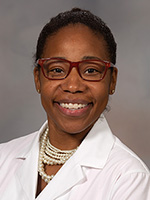
Dr. Kandis Backus, assistant professor of population health science, received $119,580 from the NIH and the University of Washington for the project, “Fred Hutch Center for AIDS Research.”
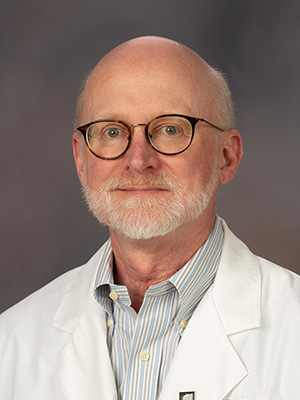
Dr. Thomas Mosley, director of The MIND Center, received $116,876 from the NIH and Brigham and Women’s Hospital for the project, “Early Detection of Transthyrethin Cardiac Amyloidosis: Defining a Novel Target for HFpEF Treatment and Prevention in Late Life.”
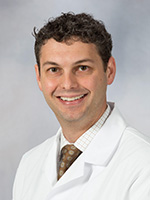
Dr. Paul Moore, associate professor of obstetrics and gynecology, received $116,299 for an industry-sponsored research agreement.

Dodie McElmurray, CEO of UMMC Grenada and UMMC Holmes County, received $83,239 from the DHHS and the Mississippi State Department of Health for “SHIP Grant COVID-19 Relief at UMMC Lexington.”
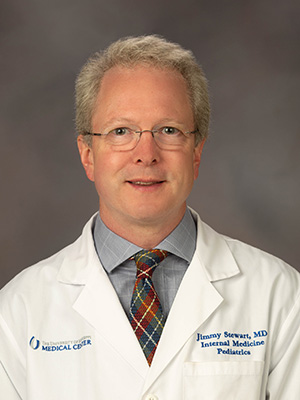
Dr. Jimmy Stewart, professor of medicine, received $82,125 from the American Heart Association and Vanderbilt University for the project, “Accelerating Change in Medical Education: Reimagining Residency.”
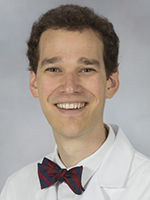
Dr. Ben Brock, associate professor of medicine, received $80,695 from the Health Resources and Services Administration for the “Ryan White HIV/AIDS Program COVID-19 Response.”
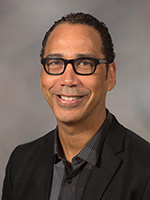
Dr. Paul Burns, assistant professor of population health science, received $68,016 from the NIH and George Washington University for the project, “Developing and Validating New Measures of Multi-level Intersectional Stigma to Improve the HIV Prevention for Young Black Gay, Bisexual and Other Men Who Have Sex with Men in the South.”


